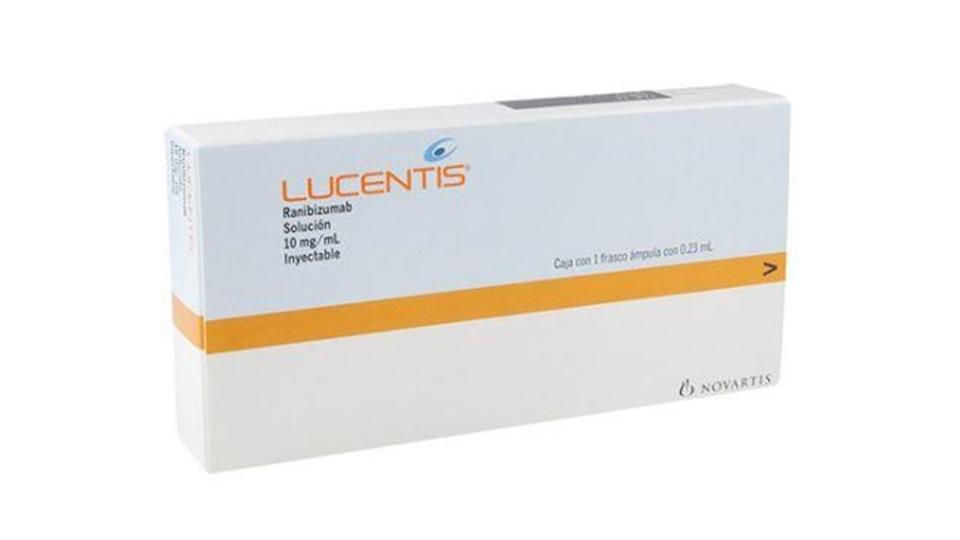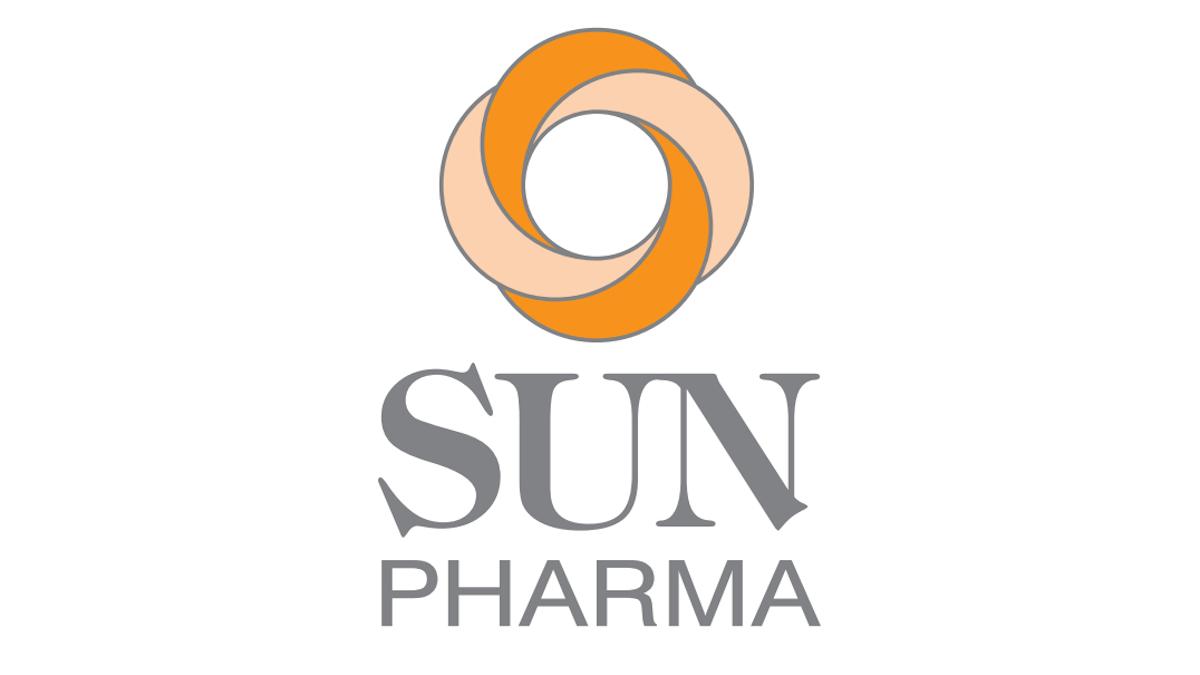Italy starts probe into Lucentis biosimilar delay allegation

Italy’s antitrust authority has launched an investigation against eight pharma companies, including Novartis and Roche, over suspicion they may have colluded to delay the launch of biosimilars to blockbuster eye drug Lucentis.
The Italian Competition Authority (Autorità Garante della Concorrenza e del Mercato, or AGCM) said its probe also covers subsidiaries of Samsung Bioepis and Biogen and Roche’s Genentech unit, and comes after it carried out inspections in Italy and the Netherlands. It cites an “anticompetitive agreement” in the market for Lucentis active ingredient, the anti-VEGF antibody ranibizumab.
Specifically, the ACGM claims that the companies entered into a coordinated agreement to delay the entry into the Italian market of Byooviz, a Lucentis biosimilar developed by Samsung Bioepis and Biogen. Lucentis was developed by Genentech and marketed in Italy by Novartis.
The agency claims that the collusion may have limited the availability and access to ranibizumab treatment for patients in Italy, and also have affected Italian healthcare spending.
Byooviz was the first biosimilar of Lucentis to be approved in the EU, in 2021, getting a green light for the same indications as the original brand, which include wet age-related macular degeneration (AMD) and diabetic macular oedema (DMO).
Biogen has the responsibility for commercialising the drug, although it relinquished its stake in Samsung Bioepis, initially formed as a joint venture with Samsung Biologics, in 2022. AGCM suggests that the companies reached an agreement for an early launch of Byooviz in the US in return for a postponed launch in the EU.
Lucentis was first approved in Europe in 2007 for wet AMD and grew quickly thereafter, thanks to a string of additional indications. Sales reached a peak in 2019 when Roche booked $1.8 billion in sales from the drug in the US and Novartis made $2.1 billion elsewhere.
All the companies cited in the probe have said they are cooperating with the AGCM, but would not comment further on an ongoing investigation.
IQVIA has estimated that in 2020, biosimilar competition resulted in total savings of €5.7 billion at list prices across the European Economic Area (EEA), without taking into account rebates and discounts that could increase those savings.
Between 2009 and 2017, the EC the national competition authorities imposed fines of more than €1 billion on pharma companies deemed to have broken antitrust laws, with pay-for-delay cases featuring prominently.
Part of the pharma legislation reforms announced by the European Commission last year include revisions to enhance generic and biosimilar competition.













